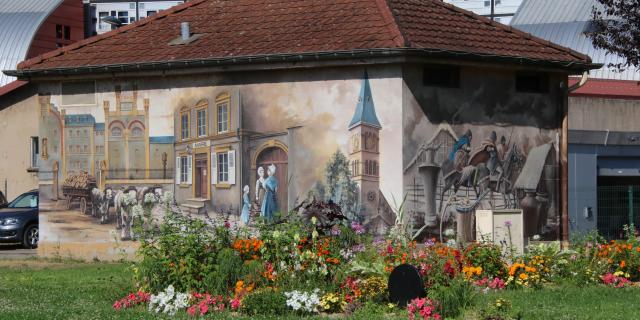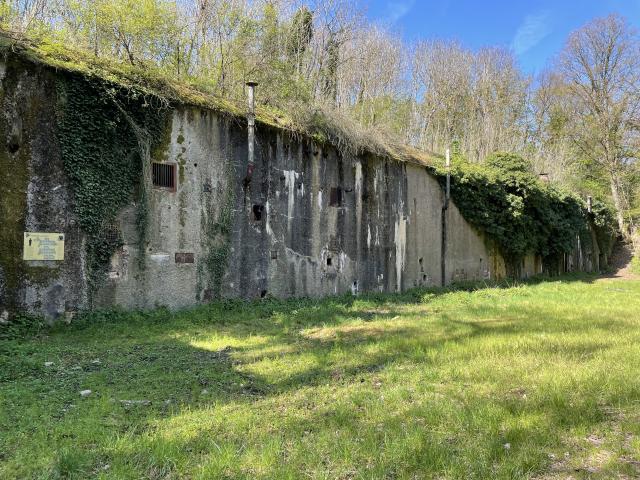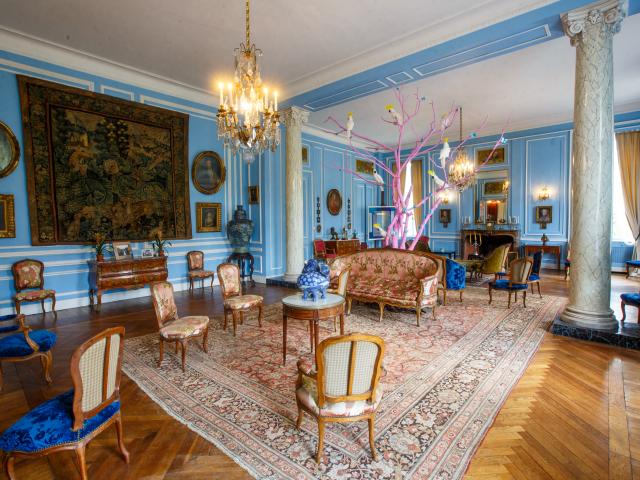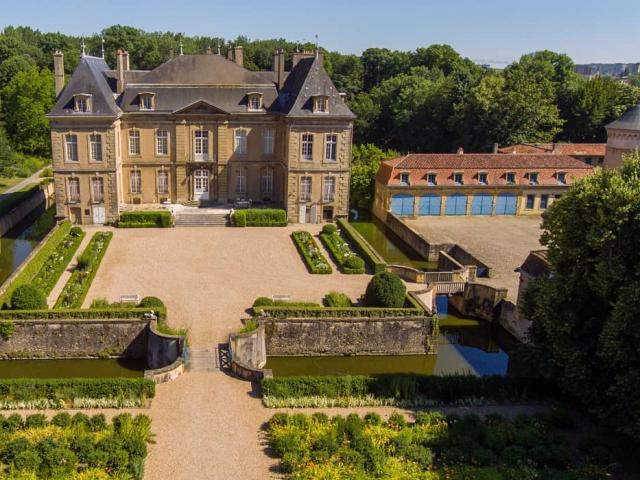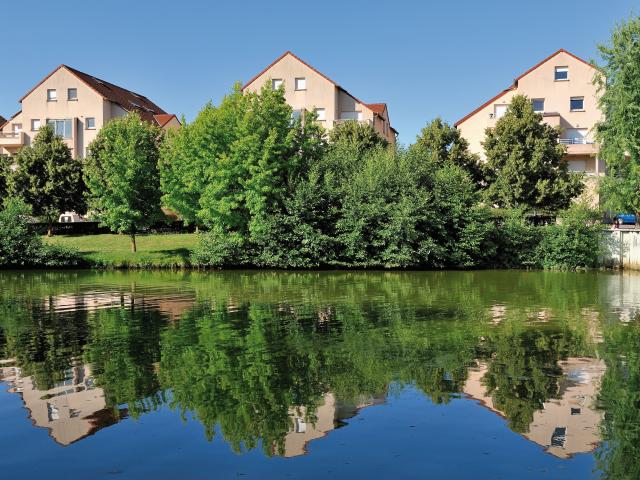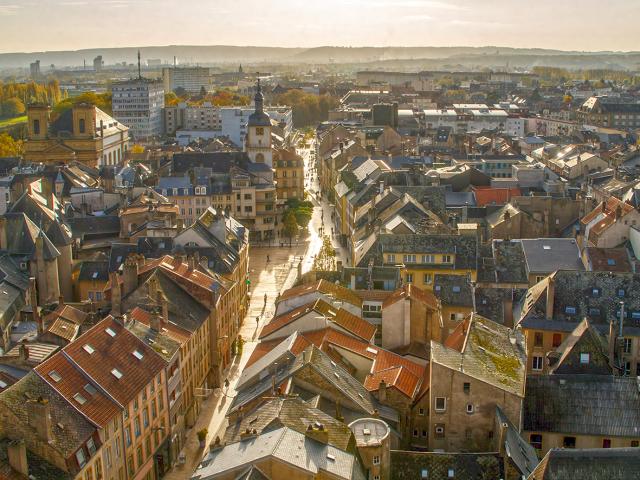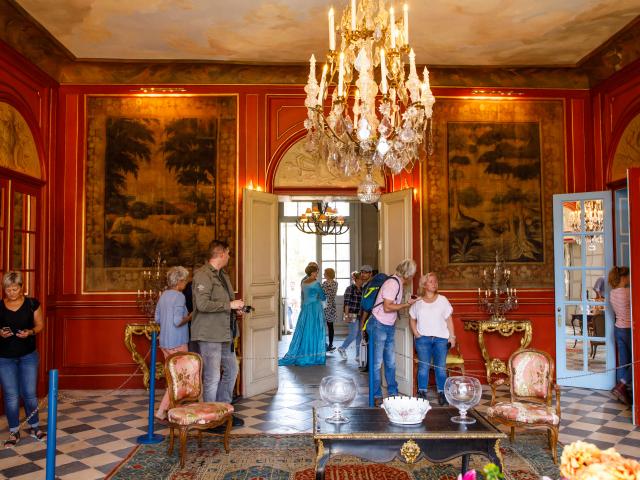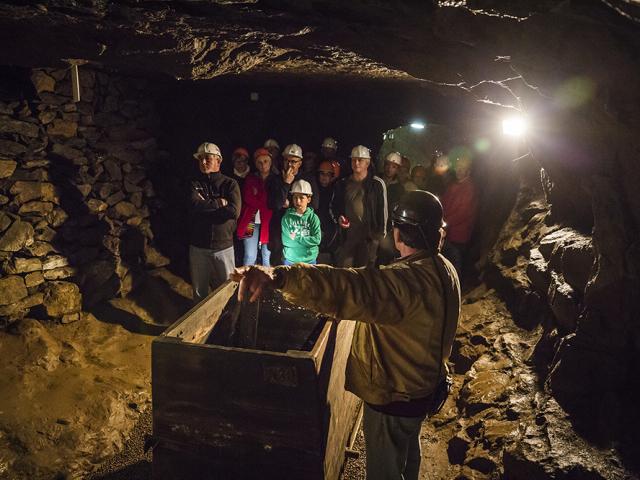 Basse Ham - Mini planète
Basse Ham - Mini planète Basse-Ham
There are numerous crosses and Bildstocks in this territory. They are the signs of the vivid popular devotion in this town and they are usually located on a square, at a crossroad or by the side of a road as an ex-voto. One of the most ancient one is called “Croix de peste de la Chappelle Saint-Marc”, it is located in Haute-Ham and it was built in 1533.
If it has the peaceful side and the architecture of the Lorraine village, Basse-Ham has nothing to envy to the other localities of the agglomeration. Composed of three distinct entities, Basse-Ham, Haute-Ham and Saint-Louis, it has been transformed into a dynamic town, with its Nautic’Ham leisure center as a flagship location.
